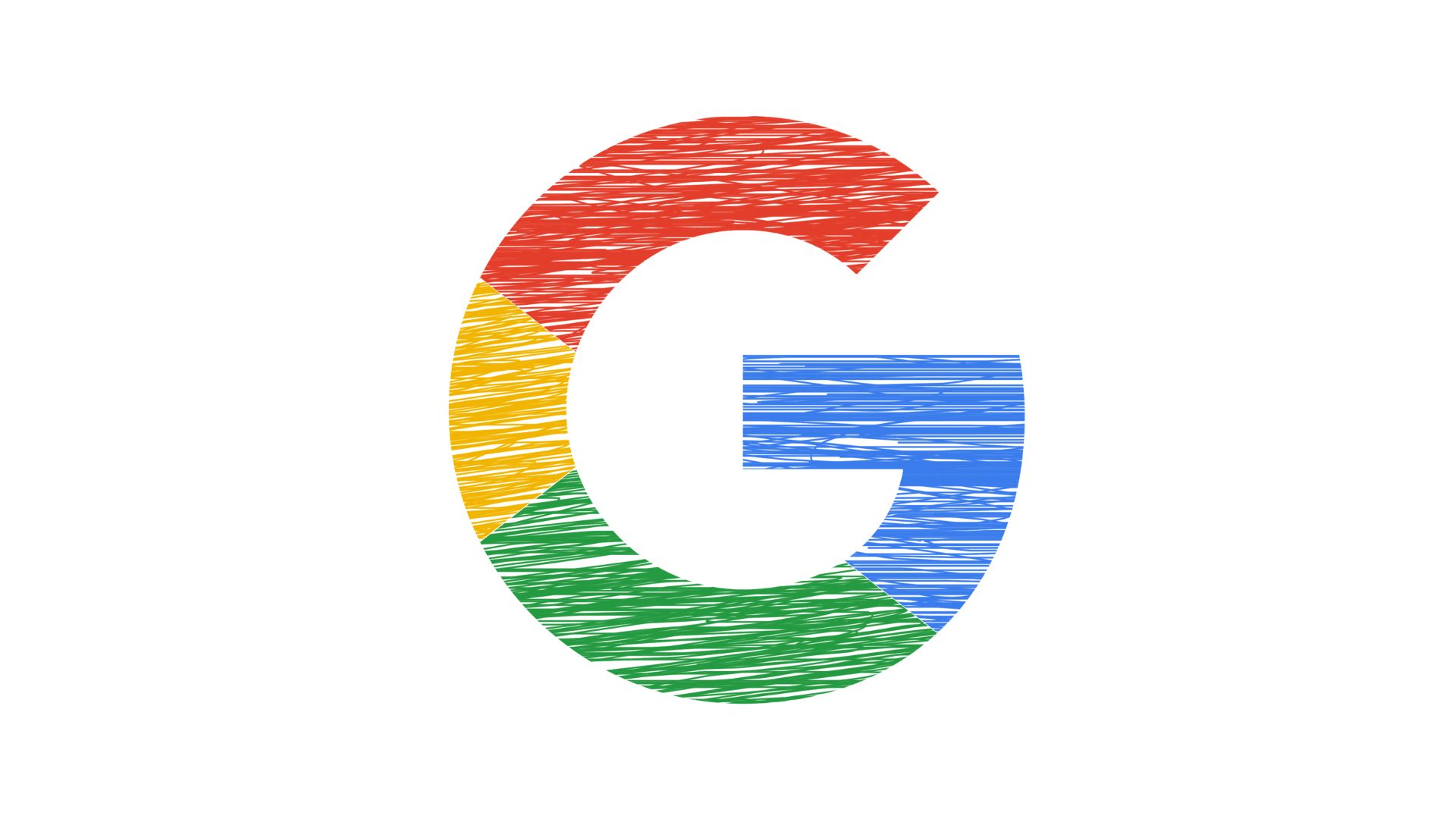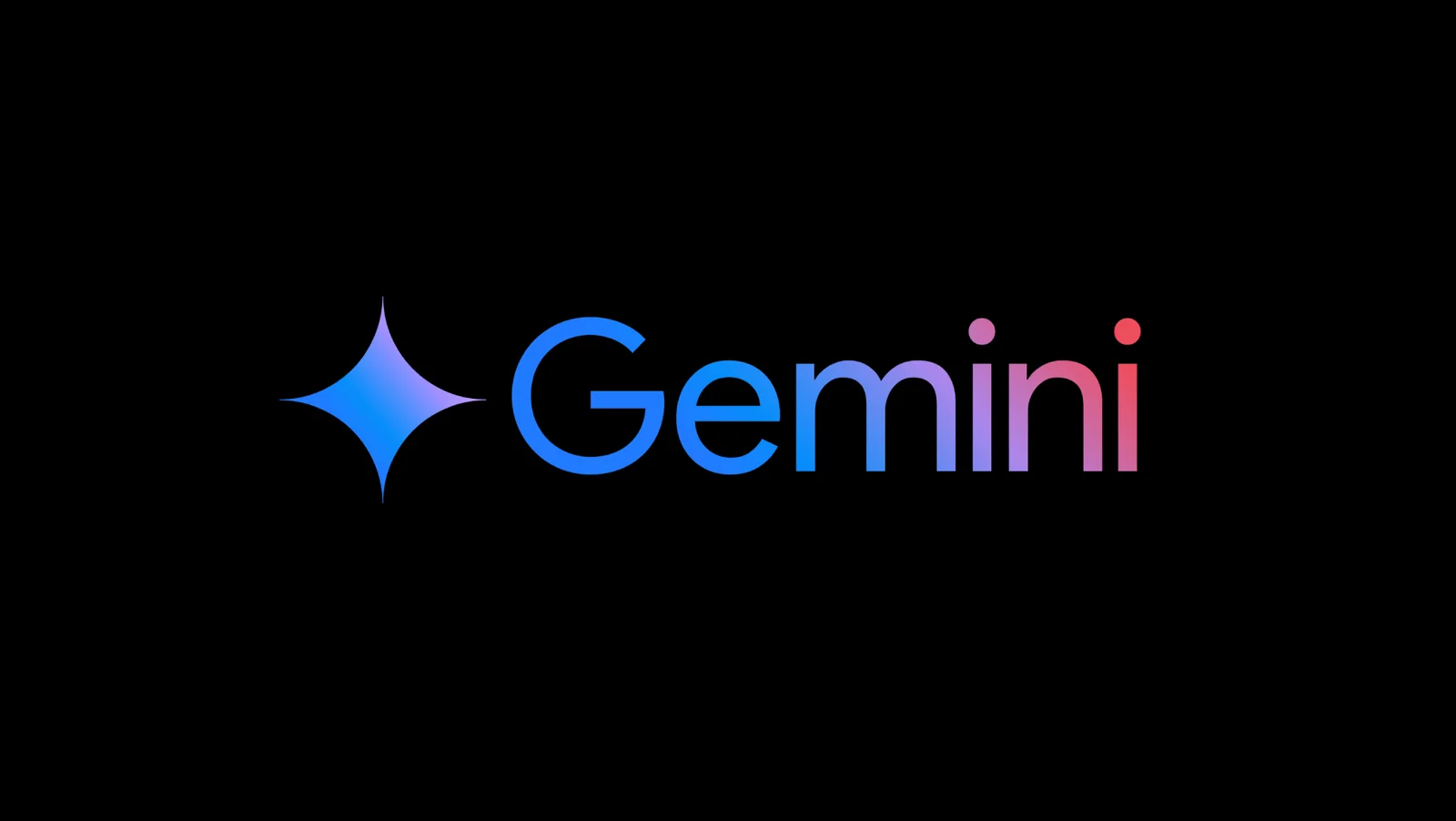Google and the World Bank Group have announced a partnership to develop AI-powered digital infrastructure for emerging markets. The collaboration aims to accelerate digital transformation by deploying Open Network Stacks that make essential public services more accessible.
The initiative combines Google Cloud’s Gemini AI models with the World Bank Group’s development expertise to help governments build interoperable networks in key areas such as healthcare, agriculture and education. Citizens will be able to access these services in over 40 languages, even on basic devices.
A successful pilot project in India’s Uttar Pradesh demonstrated how AI can improve livelihoods, with smallholder farmers increasing profitability through digital tools.
To support long-term growth, Google.org is funding a new nonprofit, Networks for Humanity, which will build universal digital infrastructure, create regional innovation labs and test social impact applications globally.
Would you like to learn more about AI, tech and digital diplomacy? If so, ask our Diplo chatbot!








